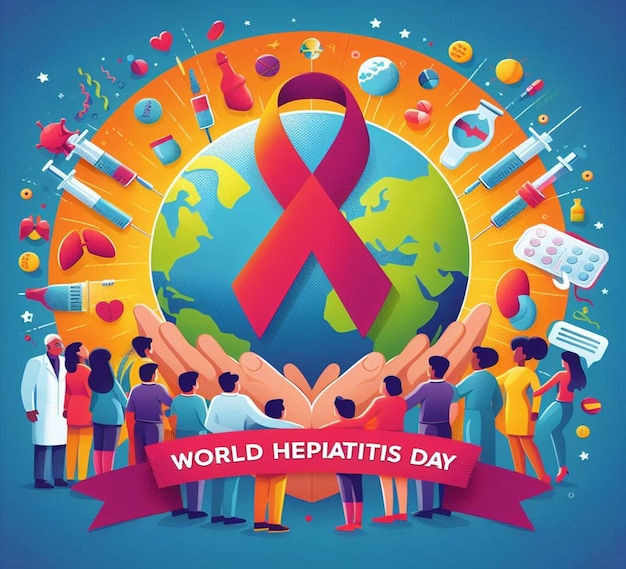
If you’re like most people, you probably haven’t paid much attention to the World Health Organization (WHO) until now. However, with the COVID-19 pandemic, WHO updates are now making headlines.
The WHO is an international organization that keeps an eye on health issues worldwide, alerts us to threats and diseases, develops health policies, and works to improve access to care. It was founded after World War II as part of the United Nations and has 7,000 employees spread across over 150 offices globally.
The WHO focuses on reforming its systems to better fight epidemics and pandemics, and it also educates people on improving health worldwide. Their work is important for those at high risk and those living in extreme poverty.
The WHO’s mission is to set global health standards and provide the right advice to countries about public health measures.
Their programs tackle issues like polio eradication, increasing access to essential health services, vaccine-preventable diseases, tuberculosis, HIV, and hepatitis. During the COVID-19 crisis, WHO has sent more than 70 teams of response coordinators, epidemiologists, and advisors to help countries manage their responses.
The WHO’s budget mainly comes from the United States and the Bill & Melinda Gates Foundation.
Currently, the WHO is dealing with one of the biggest global health threats in its 72-year history and is fully focused on fighting the novel coronavirus.
Their response to the SARS outbreak in 2003 was considered successful as they quickly issued guidance and implemented travel restrictions. In contrast, the 2009 H1N1 swine flu pandemic saw mixed reviews for their efforts. The 2014 Ebola outbreak response was criticized for being too slow. Now, with COVID-19 affecting countries worldwide, WHO faces a new challenge that requires all available resources.
Experts predict the COVID-19 pandemic could last at least two years. The WHO is key in helping control the virus and reducing the number of deaths. They provide guidelines to ensure that countries maintain science-based programs and unify their efforts and resources.
There has been some criticism about WHO’s response to the pandemic, with claims of mismanagement and covering up information about the coronavirus. Supporters argue that cutting funding during a global pandemic is not a good strategy, especially since President Donald Trump has reduced the USA’s funding to WHO by half.
The WHO defends itself by stating that it responded promptly to the coronavirus outbreak. However, funding cuts could impact essential programs like polio eradication and vaccine development.
Common symptoms of COVID-19 include fever, cough, headache, sore throat, difficulty breathing, fatigue, runny nose, and muscle aches. Complications can lead to serious conditions like pneumonia, kidney failure, and death.
If you start feeling any symptoms, stay at home and self-isolate. Treatment involves drinking lots of fluids, getting plenty of rest, using a humidifier, or taking a hot shower.
There is currently no vaccine for COVID-19, but your actions can help prevent its spread.